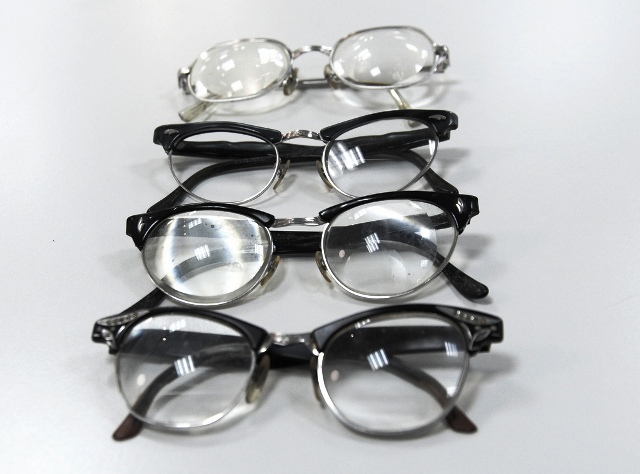Magnification Changes in Spectacles Up the Risk of Accidental Fall in Elderly: Study

Change in spectacle prescription and aggressive vision correction treatments do not reduce the risk of accidents and injuries by falls in seniors, according to a study.
Elderly people are more vulnerable to injuries by falling due to age induced health problems like muscle weakness, disabilities and vision deterioration. A research led by David B. Elliot, a recipient of Glenn A. Fry Lecture Award in 2013, found that drastic vision correction treatments like cataract surgery or prescribing new pair of glasses with magnification can increase the chances of falling in older people contrary to the belief 'better vision, lesser risk of falling'.
The use of both progressive and bifocal lenses can make objects appear closer or further than their actual positioning and affects eye reflexes on vision balance and movement. Seniors with poor vision who are used to single-vision lenses are unaccustomed to ones with strong amplification. The high power lenses can make them lose their sense of balance and distance perceptivity thereby making them prone to falls.
The study used data of past clinical trials involving nearly 300 participants aged 70 and above of whom some were diagnosed with vision troubles. Almost 92 participants received new spectacles, 24 sought treatment from an eye specialist, 17 were suspected having glaucoma, 15 were recommended cataract surgery and the rest did not get any treatments or prescriptions. Within a year it was observed the falls, injuries and factures occurred very often in participants who received optometric treatments than those from control groups.
According to the study reports, about one-third of the healthy American adults aged 65 and above fall at least once in a year. The risk rates increase by 60 percent for those aged 90 and above.
The authors advise optometrists and eye specialist to analyze patients' risk factors and history of falls before suggesting changes in lenses. They suggest that oculists should not encourage replacing traditional lenses with new bifocal lenses for seniors who are not familiar with them.
"Progressive lenses or bifocals should never be prescribed to patients who are used to wearing single-vision glasses and who could be characterized at risk for falls," Dr Elliott writes in the study.
"Indeed, if a patient reports no problems with vision but simply requests a new frame, 'If it ain't broke don't fix it' is an appropriate clinical maxim."
More information is available online in the journal Optometry and Vision Science.
© MD News Daily.
